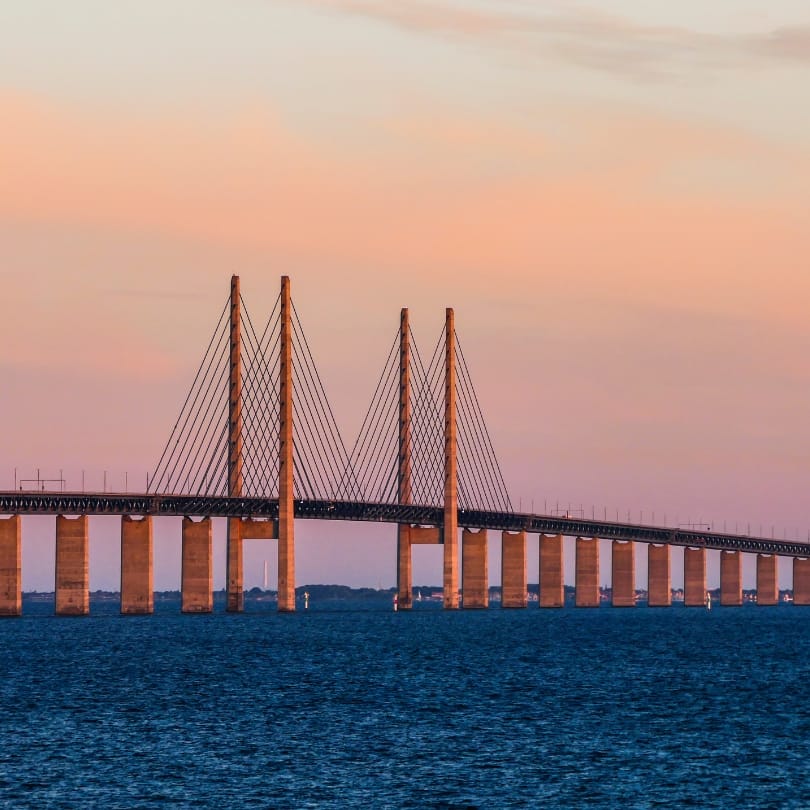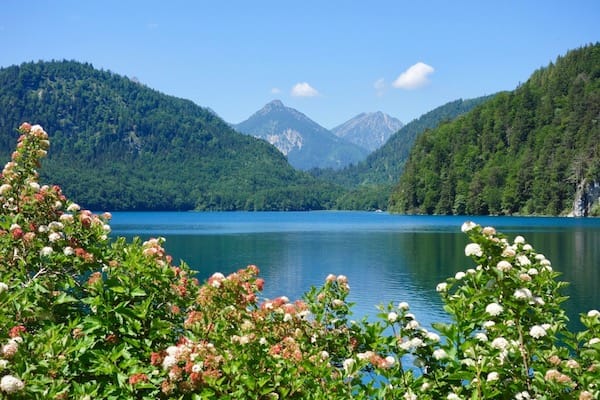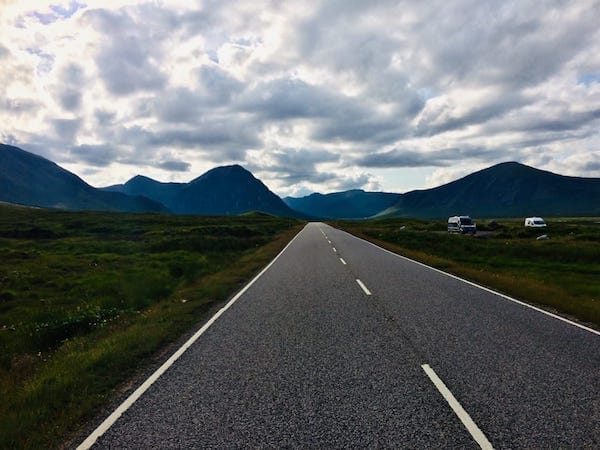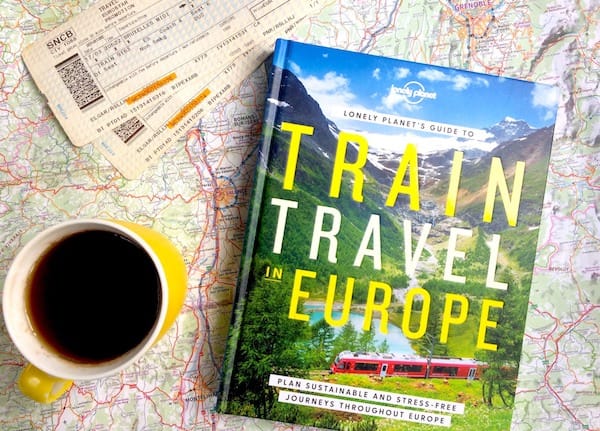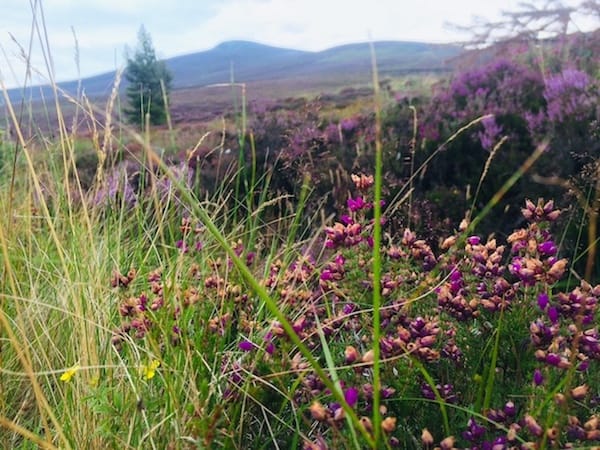
Despite some great progress in recent times, there’s still a long way to go to achieve true equality for LGBTQ+ people.
And when it comes to travelling, not all countries are safe to visit.
There are still many places that criminalise same sex relationships and refuse to recognise people by their gender identity, with prison sentences and in some cases even death as a result. This means that LGBTQ+ people might have to undertake more research than a straight cisgender person to ensure they’ll be safe to be themselves wherever they choose to travel.
Using the LGBTQ+ Travel Safety Index, we’ve chosen five countries that are known as being the most welcoming and progressive in the world, with large Pride marches and thriving LGBTQ+ communities.
Sweden
Sweden is one of the safest countries in the world for LGBTQ+ rights and travellers. It’s currently placed second on the Travel Safety Index, having held the top spot in previous years.
EuroPride has been held in Sweden three times and Malmö was host to WorldPride in 2021. Sweden hosts the most pride festivals in the world (30!) so you won’t be short of a festival to join in with should you choose to.
How to get there
A new sleeper train from Brussels (launching in September) will mean you can travel between London and Stockholm in 24 hours, or you might want to consider a stopover in Amsterdam or Brussels (both on our list!) to break the journey.
Alternatively, travel via ferry to Holland (from Harwich, Hull or Newcastle), then by train to Sweden via Hamburg. For the budget-conscious traveller, try international coach company Flixbus, and connect via Amsterdam and Hamburg.
Netherlands
The Netherlands has a long history of being inclusive. It was the first country to legalise marriage for LGBTQ+ people, and it has the oldest LGBT rights organisation in the world, COC Netherlands.
Amsterdam is a brilliant city to visit and is extremely welcoming for LGBTQ+ people. Other cities around the Netherlands, such as Rotterdam and Utrecht, are also worth visiting and all have their own thriving LGBTQ+ communities.
How to get there
There are many ways to reach the Netherlands without flying: Amsterdam is within easy reach of the UK with a direct route on the Eurostar from London, or a direct ferry from Newcastle. You can also take ferries from Hull to Rotterdam, and from Harwich to the Hook of Holland.
Belgium
After the Netherlands, Belgium was the second country to legalise same-sex marriage and is a true advocate in Europe for LGBTQ+ rights. In fact, same-sex sexual activity has been legal there since 1795! Brussels is Belgium’s queer capital, with Pride celebrations lasting for around two weeks at the end of May and a number of events culminating in the Pride parade.
The city of Antwerp is equally as inclusive and has a whole host of inclusive bars and accommodation as recommended by Stephen Ems in The Guardian.
How to get there
The Eurostar from London St Pancras to Brussels takes a little less than two hours. Flixbus takes travellers from London direct to Bruges, Antwerp or Brussels.
Spain
Spain is known for being a very welcoming country, with Madrid and Barcelona in particular two of the most visited cities for gay vacations in Europe.
Madrid has a number of popular events throughout the summer, from Madrid Pride to Infinita Gay Week. The Madrid Pride march is the second largest in the world after San Francisco, with an expected attendance of more than 1.5 million people.
How to get there
It is possible to travel to Barcelona in a little over 9 hours from London using the Eurostar and the high speed TGV Duplex from Paris. You can also make use of the ferry service from Plymouth to Bilbao or Santander.
Portugal
Portugal ranks highly on the LGBTQ+ safety index with some of the most progressive LGBTQ+ laws in the world.
Its larger cities, Porto and Lisbon, have large LGBTQ+ communities, and the Algarve is known as a safe area for LGBTQ+ people to holiday and relax.
There are many bars, hotels and Pride festivals in Portugal, which are listed in this excellent LGBT Guide to Portugal.
How to get there
Getting to Portugal by train is a fairly long journey that might require a stop overnight on the way, but it is possible to reach the country in 24 hours if you want to. There is a beautiful train route that takes you along the coast from Porto to Lisbon that is worth trying!
The ferry from Plymouth to Santander or Bilbao can be useful here, and from there you can pick up a rail or coach connection to Vigo, Porto and Lisbon.
Happy Pride Month!
For all details about travelling to these countries (and more!) without flying, visit seat61.com. The Flixbus website will tell you if there are coaches to your desired destination. Train tickets can be booked on Rail Europe.
